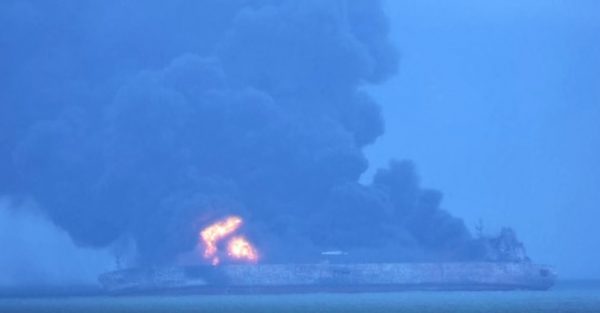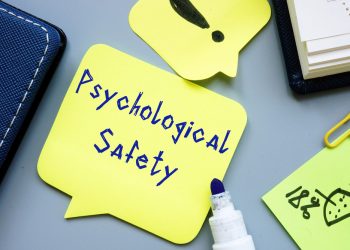Τhe “burning” issue of Sanchi collision with a Chinese freighter on the 6th of January – in the true sense of the word – comes to an end after the Panama registered tanker sank in the East China Sea with 136,000 tons of crude oil, more than a week after the collision happened. Although it is not the adequate time to jump into conclusion without any investigation held, queries notch up; another disaster added to the list of human element related incidents?
Reuters ship tracking, shows the Iranian oil tanker ‘Sanchi’ and the Chinese freighter ‘CF Crystal’ to have navigated very close together. In that event, according to the International Regulations for Preventing Collisions at Sea, both vessels were obligated to take appropriate actions in order to alter course and avoid the collision. But, what went wrong? Certainly, there is no question about lack of sufficient sea-room as the vessels were sailing in open waters. Then, who was the one to give the way to avoid collision?
It is of great difficulty to explain such a fire all along cargo deck, burning out the forecastle and superstructure, however, images broadcasted in the aftermath of the collision by the Chinese state media CCTV shed light on the case showing CF Crystal’s bow severely damaged. On the other hand, ‘Sanchi’ bow seems to be intact. Anyone may assume that the Chinese freighter hit the tanker, ripping her tanks. Oddly enough, initial feedback indicates that S-AIS signals were not received from either vessel before the collision. How did the officers of the watch on ships act upon? Are we dealing with possible S-AIS reception difficulties here? In such case, crew on the bridge of each of the vessels may be responsible. Only, CF Crystal’s VDR and ECDIS information can clarify the case.
Another tragedy incident indicates that poor watchkeeping may be enough to cause a collision. The dangers of the human element appear again in the limelight explaining why safety culture must be nurtured every single day. A full investigation into this incident is expected and the results and findings will be brought to IMO with the aim to minimise the chances of such an incident occurring again. Till then, one thing is sure; human loss, environmental and economic costs of this incident are going to be massive.






























































